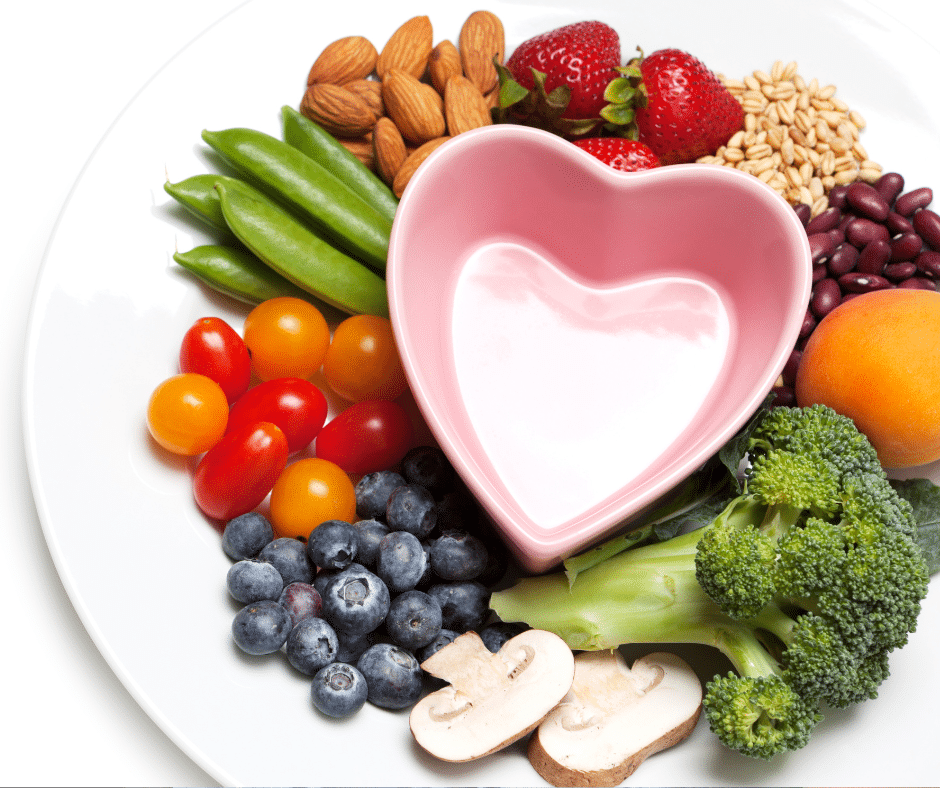The need to eat a balanced, healthy diet becomes even more critical with age. Unfortunately, seniors frequently encounter particular nutritional issues that impact their ability to eat healthily. Still, with the key to preserving longevity and vibrancy rooted in making smart food choices, it’s essential to help them navigate through the changes to recognize what foods give them the nutrients they need. We will discuss the different food groups in this blog and offer helpful advice for loved ones and the companion care at home team to help seniors make wholesome decisions regularly.
The Basis: Understanding the Food Groups
It’s one thing to know the major food groups—most seniors have that knowledge. It’s another thing to understand how they contribute to preserving optimum health. Consider the following:
- Fruits and vegetables: Rich in antioxidants, vitamins, and minerals, these ought to be the main dietary components for all seniors.
- Grains: Whole grains offer vital nutrients, fiber, and carbohydrates. Seniors should choose quinoa, oats, brown rice, and whole wheat.
- Protein: Lean protein sources such as fish, poultry, legumes, and nuts are essential for the health of senior muscles.
- Dairy: Fortified dairy products or dairy products rich in calcium and vitamin D promote healthy bones.
- Fats: In moderation, healthy fats from foods like avocados, nuts, seeds, and olive oil are an essential part of seniors’ diets.
Portion Management and Well-Blended Foods
Portion control is essential since seniors may have different energy needs than they did when they were younger. The companion care at home team should encourage frequent, smaller meals to keep seniors’ energy levels stable throughout the day. They should also stress the value of eating meals that are well-balanced and contain a variety of the food groups mentioned above.
Hydration is Important
Dehydration affects several facets of health and is a prevalent problem among the elderly. Loved ones and the home care team can remind seniors to stay hydrated by consuming enough water throughout the day. Drinking water-rich fruits like cucumber and watermelon, as well as herbal teas will help them consume enough fluids.
Adapting Nutrition to Specific Requirements
Since every senior is different, dietary requirements could change depending on things like health issues, prescription drugs, and degree of activity. The good news is that with companion care at home by their side, seniors can learn how to meal plan according to their requirements to ensure they get what they need. Additionally, their assistant can assist them with shopping and prepping if needed.
Having Conversations and Sharing Meals
Eating is a social activity in addition to being a means of sustenance. To promote a sense of community and love of eating, seniors should be encouraged to eat meals with friends or family. Dining will be more rewarding and pleasurable when they have someone to cook with or try new recipes with. This is another situation where companion care at home aides can help out, offering more than just shopping and prep work, as noted above.
Older adults can improve their general health and well-being by learning about food types and making deliberate meal choices. The home care team can help by giving them the information they need to lead a happy and active life as they age, including portion control, hydration, nutrition, and customized dietary considerations.


